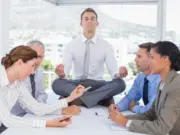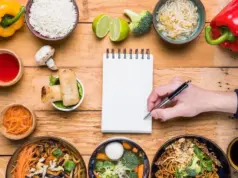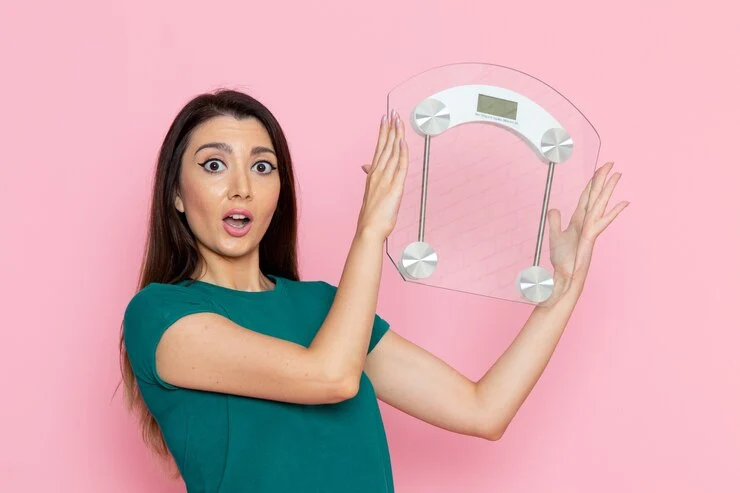Introduction:
One of the most common problems that many individuals have to deal with is a feeling of tightness and soreness in the muscles, especially after finishing a workout or an intense workload. However, there are various ways you can relax your muscles in order to tackle such an issue. These methods are also effective against muscle spasms, which is a type of cramp that occurs when the muscles contract involuntarily and fail to relax.
Here are 5 effective steps that will help you relax your muscles:
- Take a hot shower
If you are experiencing muscle tightness or cramps, then you can take a long hot shower. After the shower, as your body warms up, make sure to do some light stretching in order to relieve muscle tightness. This will further enable your muscles to relax. Alternatively, you can sit in a steam room for 10-15 minutes, which also tends to warm your body up. Steam is also very effective in increasing blood circulation, which speeds up the delivery of essential nutrients and oxygen to the muscles, helping them relax.
- Consider doing yoga or dedicated stretching
Some light forms of standalone stretching can be effective in minimizing muscle stiffness and increasing blood flow. You can either do a full-body stretch or perform a specific move that targets a tense muscle. Experts recommend practising basic forms of yoga or pilates, alongside gentle stretching in order to maximize the relaxing effects on your muscles.
- Opt for a massage
Another commonly preferred method that helps to relax muscles is getting a massage. For the most effectiveness, experts recommend visiting a professional massage therapist. They will apply pressure of varying ranges on the tensed muscles and soft tissue areas to release muscle tension. It is also effective in terms of reducing the probability of stiffness and painful contractions. Some variants of massage that help to relax muscles are Swedish massage, aromatherapy massage, hot stone massage, deep tissue massage, etc.
- Opt for magnesium supplements
A deficiency in magnesium levels in your body can cause muscle tightness and spasms. It is a very essential mineral that plays a crucial role in muscle relaxation. For example, magnesium can act as a natural calcium blocker, meaning it can promote muscle relaxation by reducing the intracellular Ca2+ without interfering with the intracellular Mg2+. So, make sure to consume food that are good sources of magnesium, like dry beans, seeds, nuts, wheat, whole grains, etc. You can also take OTC magnesium supplements to meet your daily criteria.
- Take a good quality rest
The most practical and natural way you can help your muscles to relax is by sleeping. It offers your body the rest that it requires to release stress and repair itself. This is why getting a good quality and sufficient amount of sleep every night can help you with your muscle relaxation needs. It can also reduce further risk of contracting muscle tightness or cramps to certain extents. Just make sure to stay hydrated at all times and avoid skipping sleep or drinking caffeine before bedtime.
Conclusion:
These are just some of the most natural and useful methods that you can follow in order to relax your muscles and ease any associated pain. There are tons of other options available that can also help in muscle relaxation, like using essential oils, taking doctor-prescribed muscle relaxants, using herbs, visiting a chiropractor, and more. If your main goal is to tackle muscle soreness and avoid cramps, then these simple steps might be sufficient for you.









































